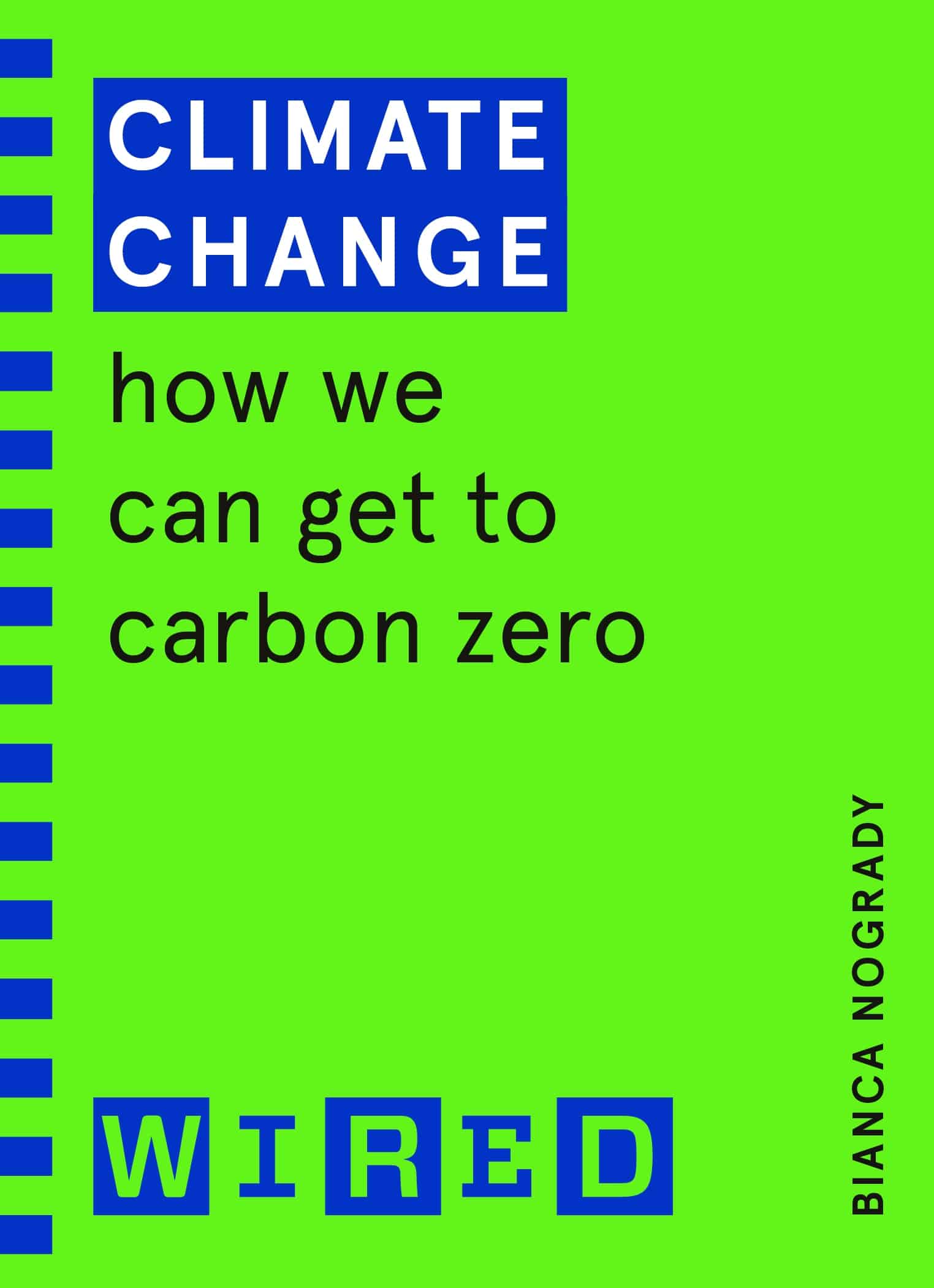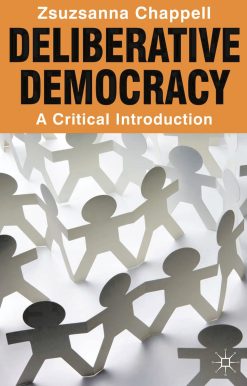Climate Change (WIRED guides): How We Can Get to Carbon Zero
| by |
|---|
8.99 JOD
Please allow 2 – 5 weeks for delivery of this item
Description
Man-made global warming is advancing inexorably. Are there ways to halt it?In this invaluable, one-stop guide Bianca Nogrady analyses the science of climate change and offers a concise overview of the ways in which our carbon emissions might be reduced. She examines the challenges posed by food and energy production and the cutting-edge technologies that could mitigate their polluting effects. She looks at initiatives to create green industry and transport. She explains the economics of emissions trading schemes and the practicalities of geoengineering plans to trap greenhouse gases. And she addresses the fundamental question: is it possible to safeguard our future before it’s too late?
Additional information
| Weight | 0.177 kg |
|---|---|
| Dimensions | 1.7 × 13.2 × 17.7 cm |
| by | |
| Format | Paperback |
| Language | |
| Pages | 224 |
| publisher | |
| Year Published | 2021-3-25 |
| Imprint | |
| Publication City/Country | London, United Kingdom |
| ISBN 10 | 1847943241 |
| About The Author | Bianca Nogrady (Author) Bianca Nogrady is a freelance science journalist and regular contributor to WIRED UK.WIRED (Author) WIRED is the world's most authoritative and respected publication reporting on the emerging trends, ideas and technologies shaping our world. Our mission is to tell the stories of the people who are driving this change and to understand its impact on business, society and individuals. WIRED has become synonymous with informed and intelligent analysis of these transformational forces and the significance of them for industries and individuals and is a consistently reliable predictor of change. |
| Review Quote | This is a short, punchy, effective book . . . We'd recommend reading it, and then passing it on, and hopefully getting as many people as possible to read it too! . . . In this invaluable, one-stop guide Bianca Nogrady analyses the science of climate change and offers a concise overview of the ways in which our carbon emissions might be reduced . . . she addresses the fundamental question: is it possible to safeguard our future before it's too late? |
Related products
-
On backorder 2-5 Weeks to Arrive
90.00 JOD -
Low stock
55.00 JOD -
On backorder 2-5 Weeks to Arrive
37.99 JOD -
On backorder 2-5 Weeks to Arrive
10.99 JOD





